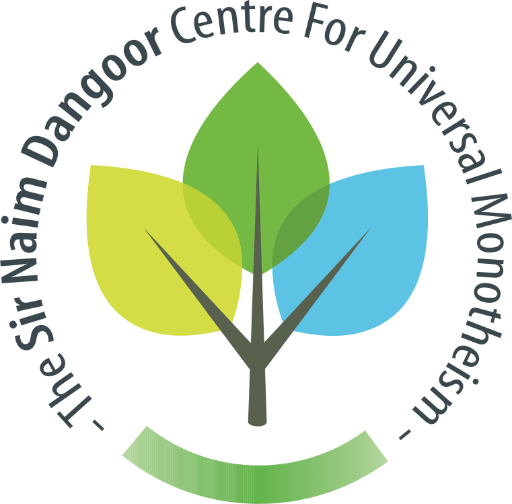The annual “Asian Cultural Day” event was held on July 2, 2024, at Bar-Ilan University under the auspices of the Dangoor Centre. The event featured various enriching “stations” representing Japan, China, Korea, and India, with lectures from the Asian Studies Department faculty and professional guest speakers. These were followed by cultural activities, including the practice of Yoga (India), K-pop and sign language (South Korea), Japanese Calligraphy (Japan), a Taiko lecture and practice (Japan), and a Go tutorial and practice (China). The closing event was a vibrant display of traditional Indian music and dancing. The event was open to all Bar-Ilan University students. “It was a joyful day that was also educational. It demonstrated the importance of cultural diplomacy in fostering interactions between students and cultures,” concluded Dr. Alon Levkowitz, director of the Multidisciplinary and Asian Studies department, who organized the event together with Dr. Sivan Goren-Arzon.





The South Korean K-pop workshop was delivered by Ms. Gali Eizeman. K-pop is one of Korea’s main Soft Power mechanisms. Light music, which has become globally popular, has proven to be a useful means to unite people from different nationalities and beliefs who share a love of music. The South Korean sign language workshop was taught by Ms. Minjeoung Ko, the BIU Asian Studies department Korean language teacher. This class was a valuable demonstration of the policy of inclusion, cherished in Korean society, towards people with disabilities. Additionally, the organizers invited a group of PhD and postdoctoral scholars from India, who are conducting their research at Bar-Ilan University, to participate and share their academic and cultural experiences in Israel.


The South Korean Studies Workshop at Bar-Ilan University was initiated eight years ago by Dr. Alon Levkowitz through the Dangoor Centre, which supported and assisted in developing and promoting this initiative. “The Dangoor Centre and the Academy of Korean Studies’ support to Asian Studies at Bar-Ilan University enabled the Faculty of Humanities at BIU not only to pursue research but also to introduce Asian Studies to the Israeli people and set the foundations for an Israel-Korea community hub of scholars and students,” he asserts. And further explains: “The joint Israel-Korea initiative offers motivating scholarships to outstanding students. The criteria focus on two tracks: outstanding Korean language studies and outstanding seminar papers. Learning a language is essential to communicate and understand a culture. The seminar paper scholarships are awarded to students who deeply understand any Korea-related topic. The top essays are rewarded with a certificate and a grant.”


Despite the ongoing “Iron Sword” war, Dr. Danielle Gurevitch, the initiator of Asian Studies at Bar-Ilan University and the Chair of the Dangoor Centre, insisted on proceeding with the annual event as planned. “During these difficult times, I found it even more important to hold a cheerful event that offers a few hours of cultural leisure and entertainment,” she says. “In the current climate of stress and uncertainty, holding cultural events in an academic setting is particularly significant. These events provide a crucial platform for cultural exchange, promoting understanding and cooperation among students from diverse backgrounds.” The Asian Cultural Day is a testament to the power of cultural diplomacy, highlighting its role in enhancing mutual respect and global awareness within the academic community.
